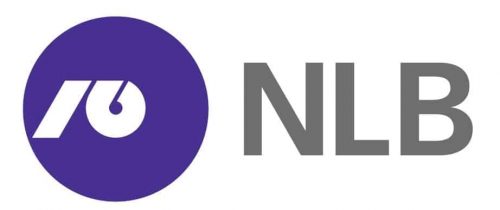NLB Group is the largest banking and financial group in Slovenia, with strategic orientation in selected markets of SE Europe. It is present on markets with with a population of 17 million in total. NLB Group consists of NLB d.d. as the parent company in Slovenia, six subsidiary banks in SE Europe, and several companies providing other services (asset management, insurance, real estate management, etc). The following are the key strategic areas of operation of the Group: Retail Banking in Slovenia, Corporate Banking in Slovenia, and Strategic Foreign Markets. It is a system-wise important financial institution, and as such aware of its responsibilities. In addition to successful operations and sound financial results that contribute to the economic development, NLB Group also wishes to contribute to better quality of the life in the entire region. It has an important socially responsible mission which it shows through its attitude towards all its stakeholders:; its employees, clients, owners, and suppliers.
In the first half of 2020, the NLB Group began to integrate ESG factors and thus, environmental and social sustainability into banking processes. The integration of sustainability into the bank’s operations takes place note only at the level of CSR, but at almost all levels of the bank, and especially in the process of approving loans and managing risks. Due to the business relationship with the EBRD and MIGA (part of World Bank), the bank must implement a comprehensive Environment and Social Management System (ESMS).
In addition to meeting the mandatory E&S requirements of the EBRD and MIGA, the NLB Group is willing to place more focus on its ESG strategy by implementing an ESG framework which will be composed of an ad hoc policy and will be integrated in the daily modus operandi of the bank through a set of tailormade procedures. The NLB Group is pursuing a structured approach to the identification and collection of ESG information, monitoring and disclosure, both from an internal and external point of view. And finally, the achievement of “best practice” ESG ratings from the leading international agencies is needed to meet the requirement of another set of stakeholders: institutional investors.



